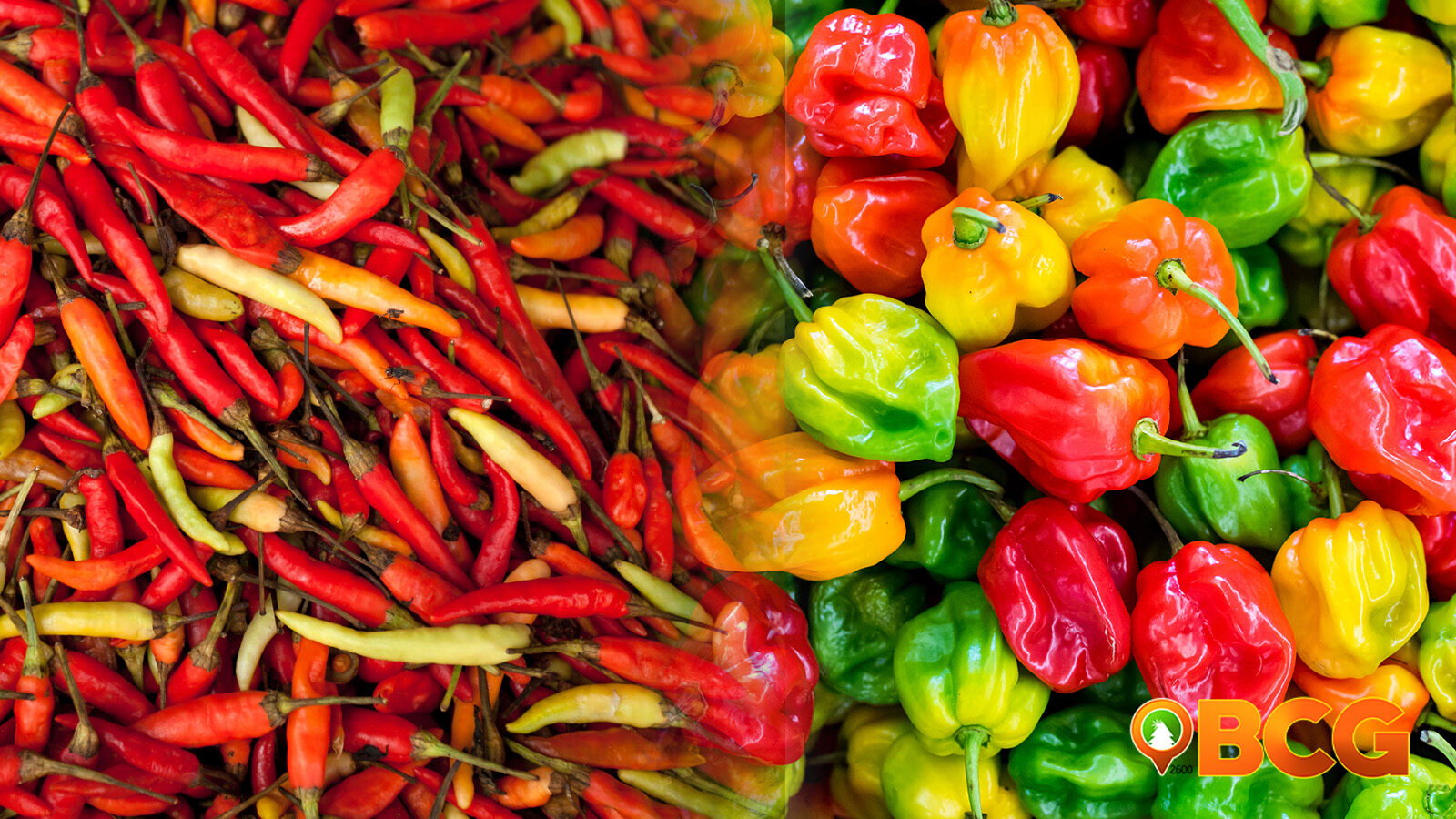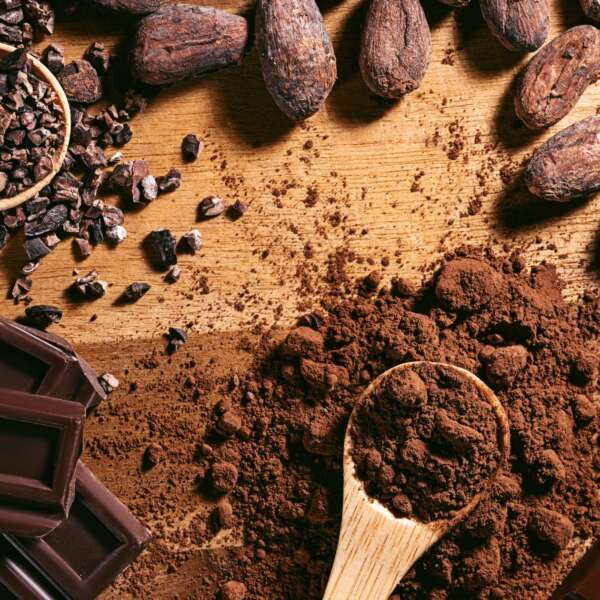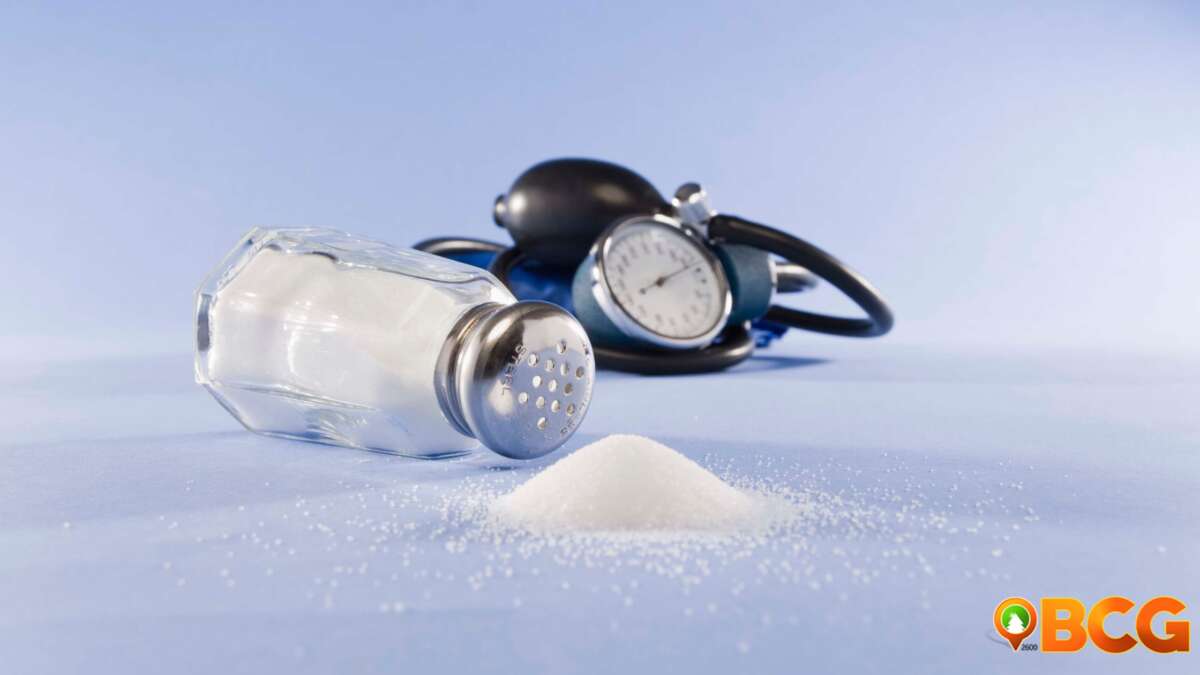People who eat spicy foods tend to live longer, according to study
There are three types of people in the world: one who enjoys food as it is, another who likes the occasional heat, and the other who puts chili in everything he eats. According to a study, the consumption of spicy food may be one of the secrets to the longevity of life.
In the study published in The BMJ in 2015, about 487,000 participants, ranging from 30 to 79 years old from different parts of China were asked about their dietary habits, mainly asked how often they consume spicy foods and what main sources of spices they usually used. Additional questions include how often they consume tobacco, red meat, vegetables, and fruits. Anyone who had cancer, heart disease, and stroke was excluded from the study.
Results of the seven-year study showed that those who consumed spicy foods almost every day had a 14% lower risk of death compared with those who ate spicy foods less than once a week. Researchers also found that spicy food consumption can be linked to a reduced risk of death due to due to cancer, ischemic heart diseases, and respiratory diseases.
Which type of spice works the best? Participants were asked whether they consumed fresh chili pepper, dried chili pepper, chili sauce, or chili oil during the study. Analysis shows that those who consume fresh chili pepper daily compared to those who consume dried and processed chili tended to have a reduced risk of death due to cancer, ischemic heart diseases, and diabetes.
A more recent preliminary study showed that people who ate chili pepper had a 26% lower risk of death due to cardiovascular diseases, 23% reduced cancer death risk, and 25% reduced risk of death from any causes compared to people who never or only rarely consumed chili pepper. While there are no links that can directly causate prolonged life and reduced deaths with chili consumption, researchers zero in on one ingredient found in chilies that may point them in the right direction.
Chili pepper contains an active ingredient called capsaicin, the main chemical that gives chilies heat. Capsaicin has been found to have an anti-inflammatory, antioxidant, and blood-glucose regulating effect. Heat in chilies is measured in Scoville heat units (SHU), which indicates the amount of capsaicin present. The higher the SHU, the hotter the chili.
Bell peppers have a Scoville rating of 0. The Jalapeno pepper has around 10,00 SHU, while siling labuyo lies somewhere in the 100,000 scale. If you’re seeking out the world’s hottest chili, then the Carolina Reaper (2,200,000 SHU) is for you.
Again, more research is needed to find the conclusive link and clarify the mechanisms between eating spicy food and longevity of life and must not be prescribed for health purposes, but perhaps there will be joy added to the painful burning sensation you will feel the next time you devour a spicy meal.
















